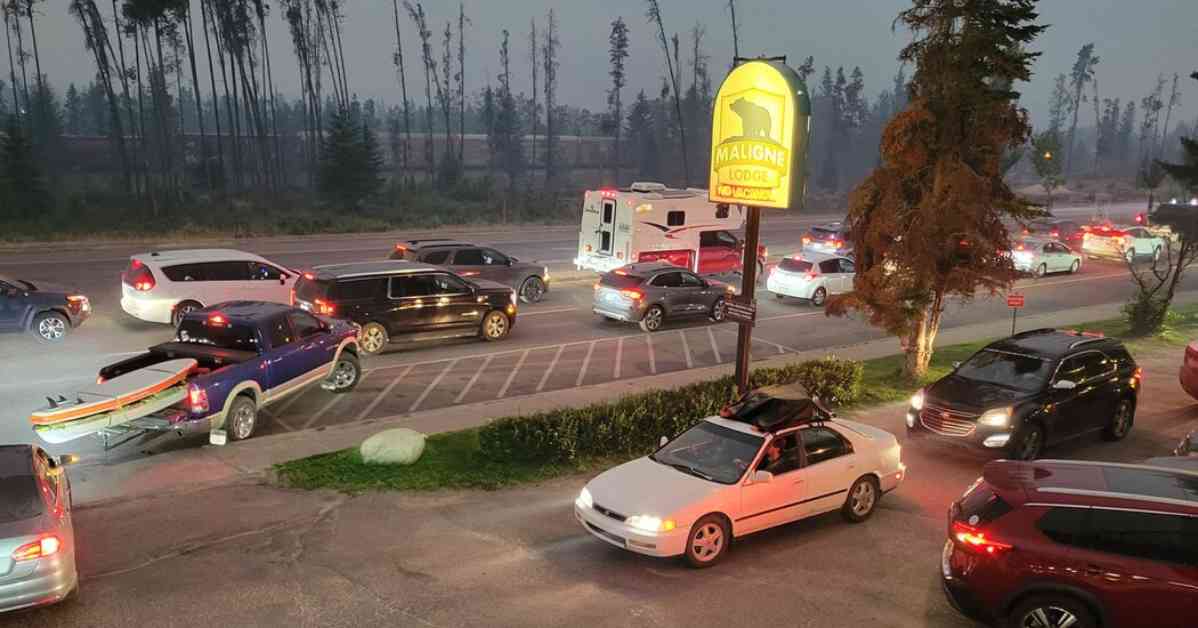Wildfires have been causing havoc in the northwestern United States and western Canada, leading to air quality warnings being issued in multiple regions. The smoke from the blazes has spread far and wide, forcing thousands of people to evacuate as firefighters and emergency personnel work tirelessly to contain the fires.
In Oregon and Washington alone, there are 40 active wildfires covering over 870,000 acres, none of which are currently under control, according to the National Interagency Fire Center. The extreme fire behavior exhibited by these blazes is a cause for concern, as it could lead to further destruction.
The air quality warnings issued by authorities in Oregon, Washington, and Idaho highlight the potential health risks posed by the wildfires and the accompanying strong winds. Residents in these areas are being urged to limit their time outdoors to avoid exposure to pollutants reaching unhealthy levels.
Meanwhile, in Canada’s Alberta Province, 175 active wildfires have been reported, prompting evacuation orders for thousands of people. The situation escalated when the fires reached Jasper National Park, leading to the evacuation of the park and a subsequent blaze in the town of Jasper itself. The Fairmont Jasper Lodge, a popular resort, was among the buildings that caught fire.
As the fires continue to spread, safety concerns have forced most firefighters to evacuate, leaving behind only a few to protect critical infrastructure in the town. The local authorities have sought military assistance to combat the wildfires and mitigate their impact on the region.
In Calgary, Alberta’s largest city, a health advisory has been issued due to the expected poor air quality caused by the smoke from the wildfires. The situation remains dire as firefighters and emergency services struggle to contain the blazes and protect lives and property.
The widespread impact of these wildfires underscores the urgent need for coordinated efforts to address climate change and prevent future disasters of this magnitude. As communities grapple with the immediate challenges posed by the fires, it is essential to prioritize long-term solutions to mitigate the effects of climate change and protect the environment for future generations.





















